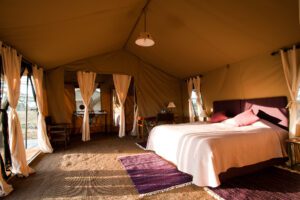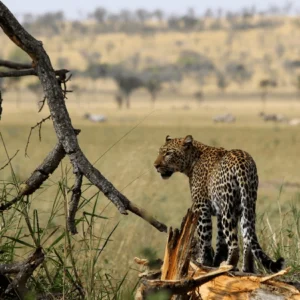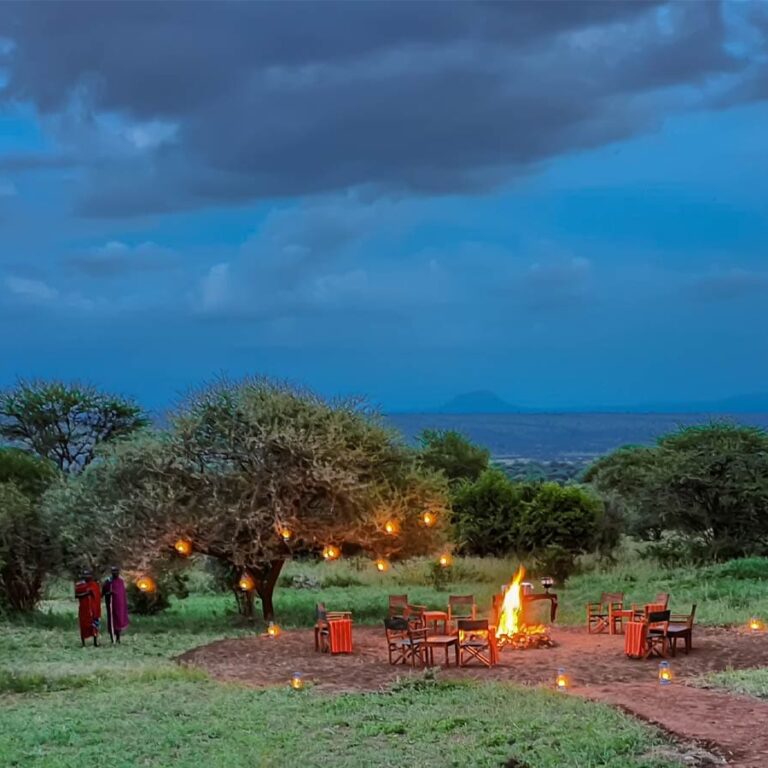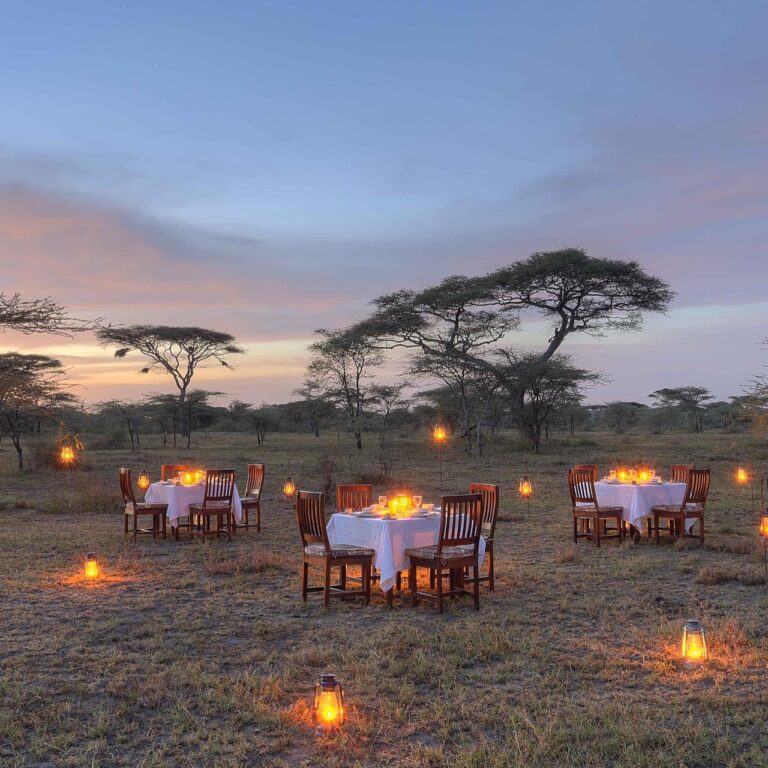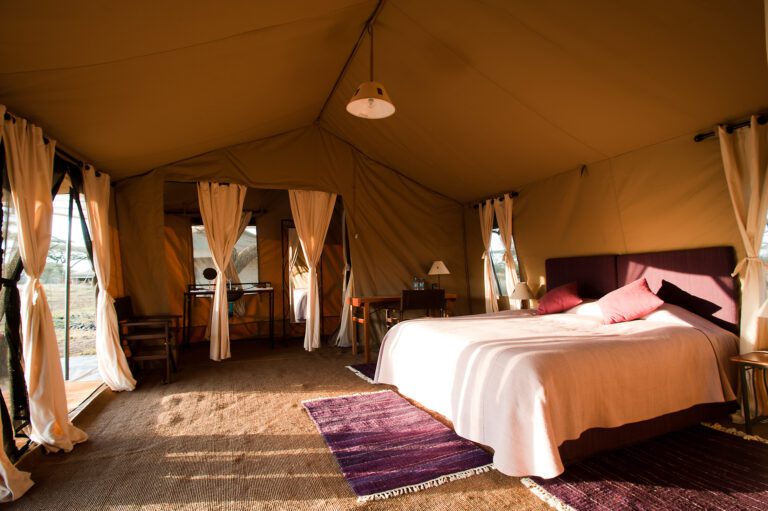10 Tips for Planning a Budget Safari in Tanzania:
Experience the Serengeti Without Breaking the Bank. Ah, Tanzania. The land of soaring Kilimanjaro, endless Serengeti plains, and wildlife encounters that ignite the soul. But let’s be honest, safaris often conjure up images of luxury lodges and hefty price tags. Fear not, budget-conscious travelers! Tanzania’s magic is accessible to all, with a little planning and these 10 savvy tips.
Embarking on a safari adventure in Tanzania is a dream for many travelers, but the costs can quickly add up. With careful planning and a few strategic choices, it is entirely possible to experience the wonders of Tanzania’s wildlife without breaking the bank. Here are ten detailed tips to help you plan a budget-friendly safari in Tanzania.
Insider Tips 1. Book Directly with Local Tour Operators
To get the best rates, it is advisable to book directly with local tour operators. These operators often offer lower prices than international companies. By cutting out the middleman, you save on fees and can negotiate directly with those who know the region best. Additionally, local operators are more likely to have insights into affordable accommodations and less touristy spots, providing a more authentic and cost-effective safari experience.
Tips 2. Go Camping
Camping is one of the most economical ways to enjoy the Tanzanian wilderness. Many national parks and reserves offer campsites with basic amenities. While you might not have the luxury of a lodge, camping brings you closer to nature and can significantly reduce your accommodation costs. Ensure you have a sturdy tent, sleeping bag, and other necessary gear to make your stay comfortable.
Tips 3. Visit During Low Season
Timing your visit during the low season (April to May and November) can result in substantial savings. During these months, park fees, accommodation, and even flights are generally cheaper. Additionally, there are fewer tourists, allowing for a more intimate wildlife viewing experience. While the weather might be more unpredictable, the lush landscapes and fewer crowds can make it worth your while.
Tips 4. Make it a Dry Holiday
Choosing to travel during the dry season (June to October) can also be cost-effective if planned carefully. Although this is typically peak safari time, you can still find deals by booking early and opting for less popular parks. The dry season offers the best game viewing, as animals gather around water sources, making it an excellent time for wildlife enthusiasts.
Tips 5. Choose Budget Accommodation
While luxury lodges offer comfort and convenience, budget accommodations such as hostels, guesthouses, and campsites are much more affordable. Many budget lodgings still provide excellent service and clean facilities. Research and book these places in advance to secure the best deals. Websites like Hostelworld and Booking.com can be useful for finding and comparing budget-friendly stays.
Tips 6. Pack Smart and Prepare Meals
To save on food costs, pack smart and bring along snacks and easy-to-prepare meals. Many campsites and budget accommodations have communal kitchens where you can cook. Purchasing food from local markets not only supports the local economy but also allows you to experience Tanzanian cuisine affordably. Bringing a portable stove and some basic cooking utensils can be a lifesaver when it comes to meal preparation.
Tips 7. Take Advantage of Free Activities
Not all experiences on a safari require spending money. Many parks offer free activities such as self-guided walking tours, bird watching, and stargazing. Research the parks you plan to visit to find out what free activities they offer. Additionally, spending time simply observing the wildlife and landscape from your campsite or budget lodge can be just as rewarding as guided tours.
Tips 8. Use Public Transportation
Instead of renting a private vehicle, consider using public transportation to get around. Buses and shared taxis (dala-dalas) are widely available and much cheaper than hiring a car. While it may take longer to reach your destination, public transport offers a chance to experience local life and reduce your overall travel costs.
Tips 9. Avoid the Crater Rim
The Ngorongoro Crater is a popular destination, but staying on the Crater Rim can be very expensive. Instead, look for accommodations in nearby towns like Karatu, where prices are lower. Tips for Planning a Budget Safari in Tanzania. You can still visit the crater during the day and return to your budget-friendly lodging in the evening. This approach allows you to enjoy the crater’s beauty without the hefty price tag of staying on the rim.
Tips 10. Opt for Less Popular Parks
While the Serengeti and Ngorongoro Crater are renowned, Tanzania has many less popular parks that offer incredible wildlife experiences at a fraction of the cost. Parks like Tarangire, Mikumi, and Ruaha are excellent alternatives. These parks are less crowded and often have lower entrance fees and accommodation costs. Exploring these hidden gems can make your safari both unique and affordable.
By following these tips, you can enjoy a memorable safari in Tanzania without overspending. With careful planning and a bit of flexibility, a budget safari is well within reach.
Tips: Adds on Budget Safari Tanzania
Be a Savvy Souvenier Hunter: Resist the overpriced trinkets at tourist shops. Instead, seek out local markets and craft cooperatives for authentic souvenirs with a story. Haggling is expected, so have fun with the process and remember, your purchases directly support local artisans. Tipping Wisely: Tipping guides and park rangers is customary, but do your research on appropriate amounts. A small gesture of appreciation goes a long way in showing your gratitude for their expertise and service
FAQs: 10 Tips for Planning a Budget Safari in Tanzania
Planning a budget safari in Tanzania raises many questions for travelers. Here are some frequently asked questions to help guide your preparations.
Why should I book directly with local tour operators?
Booking directly with local tour operators can save you money because it eliminates the middleman. Local operators also offer better insights into affordable accommodations and lesser-known attractions, providing a more authentic experience.
Is camping safe in Tanzanian national parks?
Yes, camping in Tanzanian national parks is generally safe if you follow guidelines provided by park authorities. Always camp in designated areas and follow safety protocols, such as storing food properly and respecting wildlife.
What are the benefits of visiting during the low season?
Visiting during the low season (April to May and November) can result in significant savings on park fees, accommodations, and flights. Additionally, there are fewer tourists, allowing for a more private and serene safari experience.
Can I travel during the dry season on a budget?
Yes, traveling during the dry season (June to October) can still be budget-friendly if you book early and choose less popular parks. The dry season offers excellent game viewing, making it an ideal time for wildlife enthusiasts.
What types of budget accommodations are available in Tanzania?
Tanzania offers various budget accommodations such as hostels, guesthouses, and campsites. These options provide basic amenities and are often located near popular safari destinations. Booking in advance can help secure the best rates.
How can I save money on food during my safari?
To save on food costs, pack smart by bringing snacks and easy-to-prepare meals. Many budget accommodations have communal kitchens. Buying food from local markets and cooking your meals can be cost-effective and allow you to try local cuisine.
What free activities can I enjoy on a budget safari?
Many national parks offer free activities such as self-guided walking tours, bird watching, and stargazing. Research the parks you plan to visit to find out what no-cost activities are available. Enjoying the natural scenery from your campsite is also a great way to experience the wildlife.
How can I use public transportation to get around?
Using public transportation like buses and shared taxis (dala-dalas) is a cost-effective way to travel in Tanzania. While it may take longer to reach your destination, public transport is significantly cheaper than renting a private vehicle and offers a chance to experience local culture.
Why should I avoid staying on the Crater Rim of Ngorongoro?
Staying on the Crater Rim of Ngorongoro can be expensive. Instead, look for accommodations in nearby towns like Karatu, where prices are lower. You can visit the crater during the day and return to your budget-friendly lodging in the evening, saving money on accommodation costs.
What are some less popular parks that are budget-friendly?
Tanzania has many less popular parks that offer fantastic wildlife experiences at lower costs. Consider visiting Tarangire, Mikumi, and Ruaha National Parks. These parks are less crowded and have lower entrance fees and accommodation costs, providing a unique and affordable safari experience.
By addressing these common questions, you can better plan and enjoy a budget safari in Tanzania, ensuring a memorable adventure without overspending.



